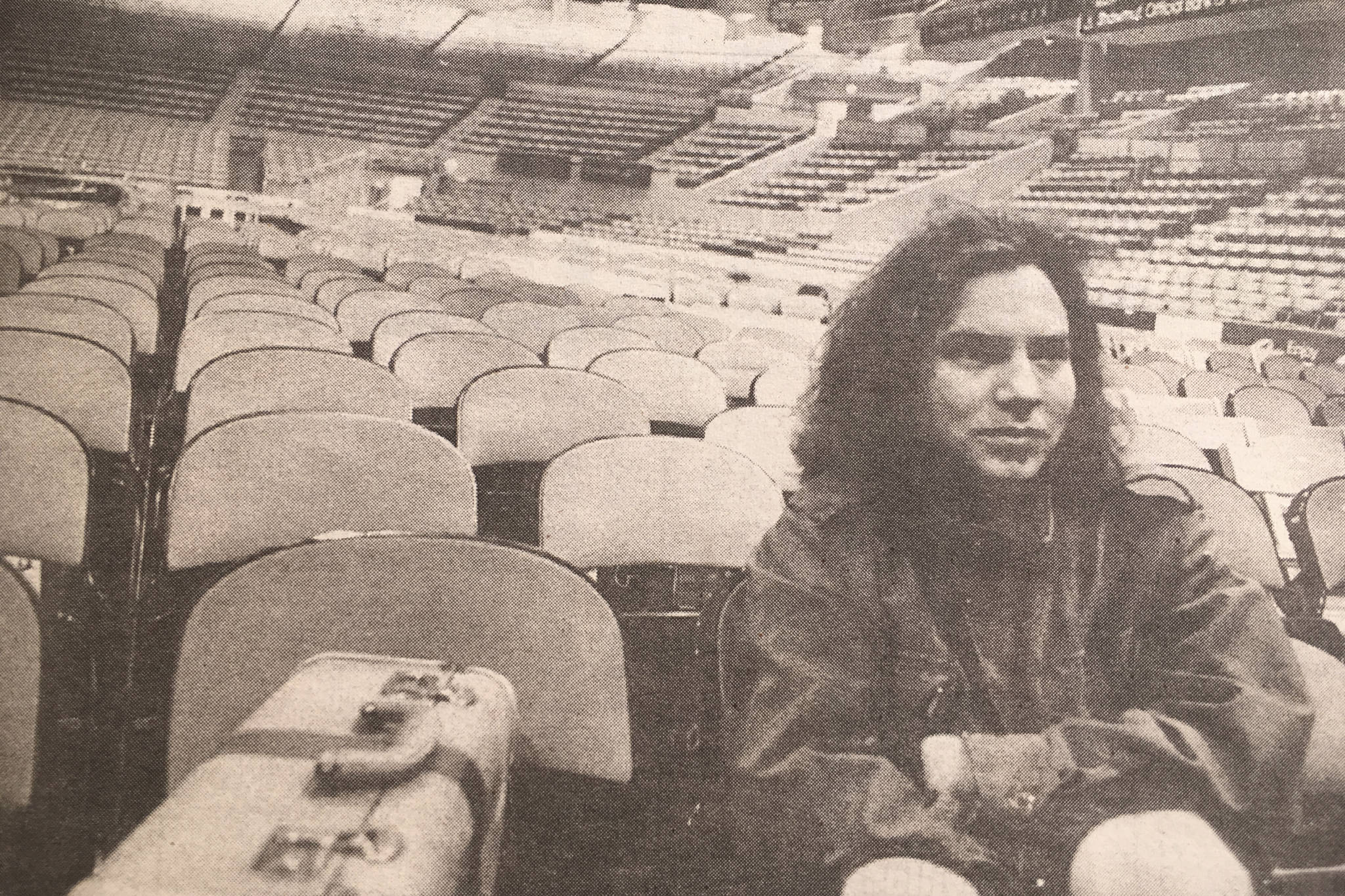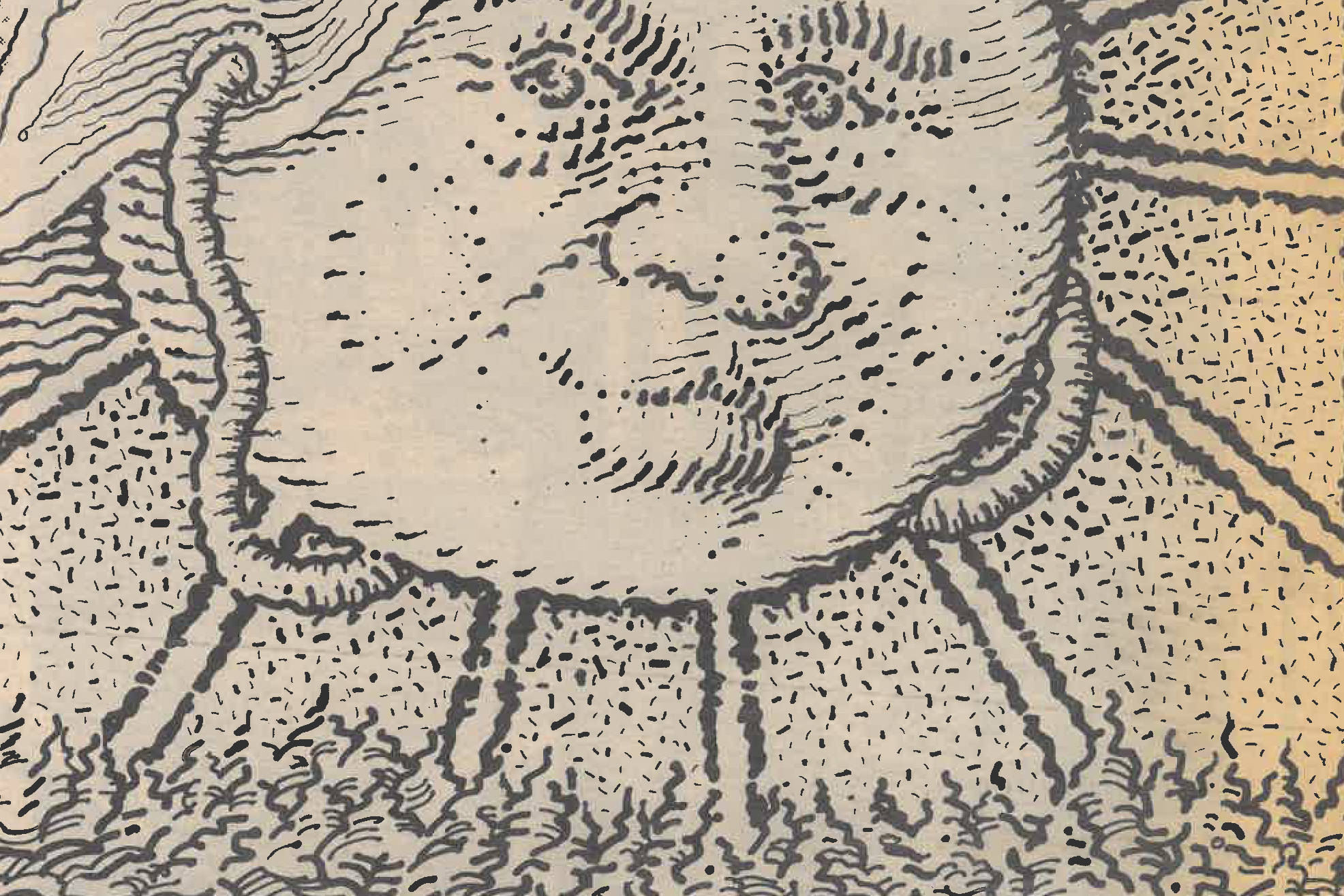Over the course of her career, Seattle writer Rebecca Brown has quietly made two names for herself: one as the author of the moving, grittily realistic Gifts of the Body, a contemporary story told by an AIDS caregiver; and the other as the author of strange, mysterious, quasi-real, haunting, and (I use this word advisedly) experimental novels and stories set in a somewhat indefinable time. These latter works evoke the debilitating intellectual and spiritual rootlessness of modern times—a rootlessness so pervasive and longstanding now that we take it for granted, and no longer appreciate its essential horror.
The Dogs: A Modern Bestiary
by Rebecca Brown (City Lights, $10.95)
The Dogs: A Modern Bestiary is a novel composed of 25 pieces that are best compared to pieces of a jigsaw puzzle. Only as you make your way through them do you gradually clear up your confusion as to who exactly is the narrator, what sort of narrator she is, what exactly is her mental and spiritual state, where—and, for that matter, why—she lives, and what on earth is on her mind. Each of these chapters has a single word for a title (Dog, Body, Home, Bone, Hood . . . ), followed by the phrase, “in which is illustrated,” followed in turn by an attribute (Immanence, Constancy, Steadfastness, Charity . . . ).
The narrator lives alone in a tiny apartment until one night when a large, vaguely menacing black dog materializes in front of her. It is clear from the outset that the dog has power over her and that the narrator is terrified of it. When she goes to bed that first night the dog sleeps on top of her, assaults her, and only reluctantly releases her from the bed next morning. “I didn’t know what it wanted from me,” the narrator says. Then, “the dog moved in with me. She lived inside my life. And every day she woke with me, and every single night she filled my bed.”
There follows a series of grotesque episodes interspersed with observations and memories, most of these last having to do with the narrator considering, planning, putting off, or actually setting off on a journey to her grandmother’s house. These “grandmother” musings, a riff on “Red Riding Hood,” lend weight to the reader’s dawning sense that The Dogs is a modern fairy tale in the grotesque, disturbing tradition of the original Brothers Grimm stories.
A great deal of Brown’s descriptions are stomach-turning. The power of her vocabulary, the details on which she focuses, the brooding and disturbed state of the narrator’s mind, and many of the book’s episodes have a way of forcing the reader to put the book down for a while in order to avoid retching. (This is a compliment rather than a criticism—testament to Brown’s skill as a writer.) Most memorable in this regard is the scene in which the narrator involuntarily gives “birth” to a dog after reaching down her own throat and trying to hold it inside herself with her fist. She fails, and “it heaves itself up and out like a concrete vomit projectile.” (The scene in which the dog who dominates her gives birth is not much more appetizing.)
Eventually, the narrator’s apartment is overrun with dogs of all ages, who “sniff my ass when I get on my hands and knees to service them,” who stage an endless round of demented parties, plays, and scenes of domination over their human, and who at one point stage a barbecue replete with all the ’50s American touches—except for the meat, which is human arms and legs.
The great joy in reading this book while fighting off dry heaves lies both in the evocative power of Brown’s descriptions and in the murky mysteries of the narrative. Are the dogs real? Is the narrator demented? Where does her invention leave off and “reality” begin? What exactly is the nature of the passage she undergoes on her way either to resolution or disintegration? Whenever you first read such a properly thought-out and thoughtful book, the best thing about the experience is knowing you will have to read it more than once before you can properly understand it. And, of course, that you will want to.






